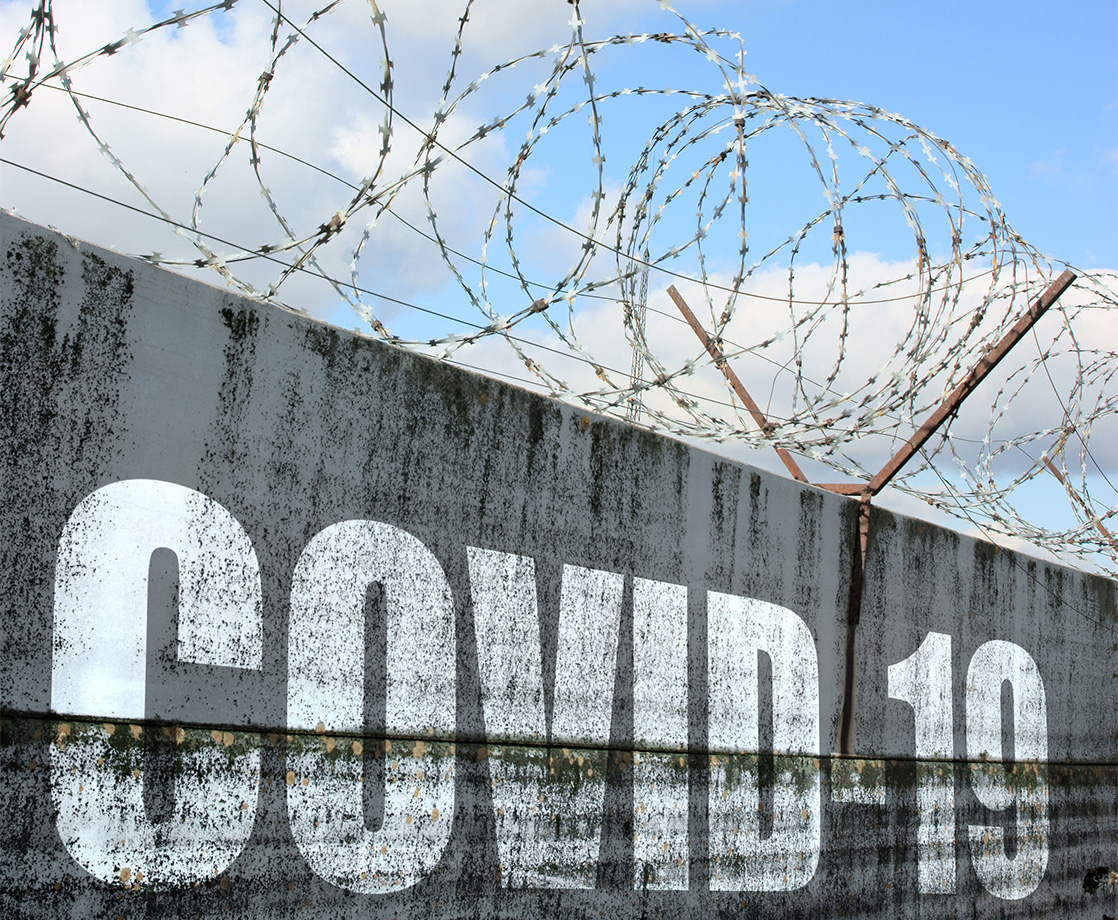Over the weekend, Patrick Jones, 49, became the first known federal inmate to die from COVID-19, the respiratory illness caused by the novel coronavirus. Jones was serving a 27-year prison sentence for dealing crack cocaine.
Jones received his nearly three-decades-long sentence in 2007 for possession of freebase cocaine with intent to distribute within 1,000 feet of a junior college, Reuters reported. However, Jones was not charged nor convicted of dealing crack to minors. Drug-free zone or school-zone laws are often used by courts to increase sentencing times, even though most offenders rarely actually deal drugs to kids, according to Reason.
In 2016, Jones’s attorney applied for his early release under the 2010 Fair Sentencing Act, which could retroactively reduce federal prison sentences for crack offenses. However, his clemency request was denied because he had prior drug-related and burglary convictions.
The Anti-Drug Abuse Act of 1986 established much harsher penalties for crack offenses over cocaine, such as mandatory five-year minimum sentences for mere possession, due to the false notion that crack was more dangerous than cocaine in powder form. To put this into perspective, many inmates are effectively serving life sentences for nonviolent crack-related crimes, whereas some convicted murderers and rapists serve significantly shorter sentences. Despite the myth, studies have shown that crack is no more addictive than powder cocaine.
Similar draconian sentencing guidelines are why one Michigan man is serving a 60-year sentence simply for selling some weed back in the ‘90s. And now, during the coronavirus pandemic, drug convicts must rely on incredibly inefficient and callous private prison healthcare to survive.
“A prison sentence should not become a death sentence,” Udi Ofer, director of the American Civil Liberties Union (ACLU) justice division, said in a press release cited by Reason on Sunday. “The conditions and reality of incarceration make prisons and jails tinderboxes for the spread of disease.”
“Our leaders must immediately take steps to release those identified by the CDC as most vulnerable to COVID-19,” Ofer’s statement continued. “With every hour of inaction that passes, the greater the human tragedy.”
Activist groups such as the ACLU have requested that federal and state penitentiaries grant early release or home arrests for nonviolent offenders, such as those convicted only of drug possession or distribution, amid the coronavirus pandemic. Prisons and jails are packed with inmates under contractual obligations between states and private prison companies, which require governments to pay the companies fees, by the day, for individual cells that remain empty.
“His primary goal in requesting a sentencing reduction is to try and be there for his son, who he has not seen or been able to provide support for since his son was three-years-old,” read Jones’s 2016 clemency petition.
Some prisons, such as the infamous Rikers Island in New York, have begun releasing nonviolent or low-risk inmates early to thin out the prison populations and help prevent the spread of COVID-19.
In fact, many police departments across the US, especially those operating in densely populated areas, have stopped sending officers to investigate or stop minor crimes during the pandemic. In these places, police will only respond to violent crimes that are currently in progress. The goal is to minimize police contact with the public, which reduces the chances of transmitting the novel coronavirus.











